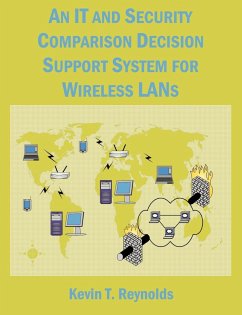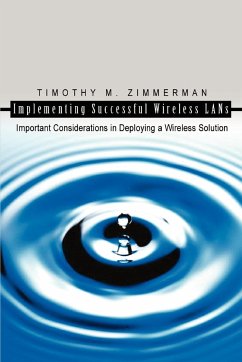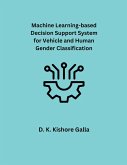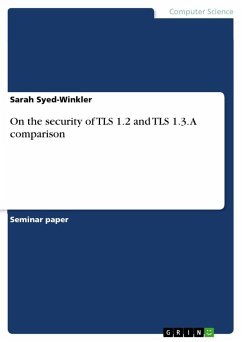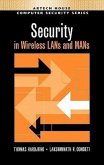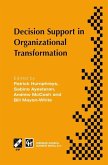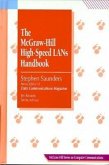Are all Wireless LANs equal? A network administrator is faced with a plethora of wireless services, complex radio issues, and products for wireless data. There are brand new protocols and products that could become obsolete a day after installation! Over 40% of all deployed WLANs do not even have minimum security activated, exposing the company's network and records to easy outsider access. The WLAN industry is characterized by rapidly changing, incomplete or proprietary standards, which can impact interoperability goals. There are complicated ownership costs, performance limitations, and security configurations that exist for WLANs which many network administrators may not understand or know how to compare. This dissertation presents a decision support system (DSS) that enables a novice network administrator to compare WLAN protocol capabilities, rank security configurations, rate IT cost efforts and use an extensive feature list. An in-depth discussion, concerning WLAN protocols, virtual private networks (VPNs), various encryption algorithms, 802.1X authentication mechanisms, and compilation of network selection criteria provides the foundation to construct a small DSS to aid WLAN network administrators. The DSS environment allows a number of specific what-if scenarios to be reviewed and compared; multiple solutions can be tried without having to deal with the consequences. Alternative technologies are listed by the DSS to educate the decision maker about other options.

